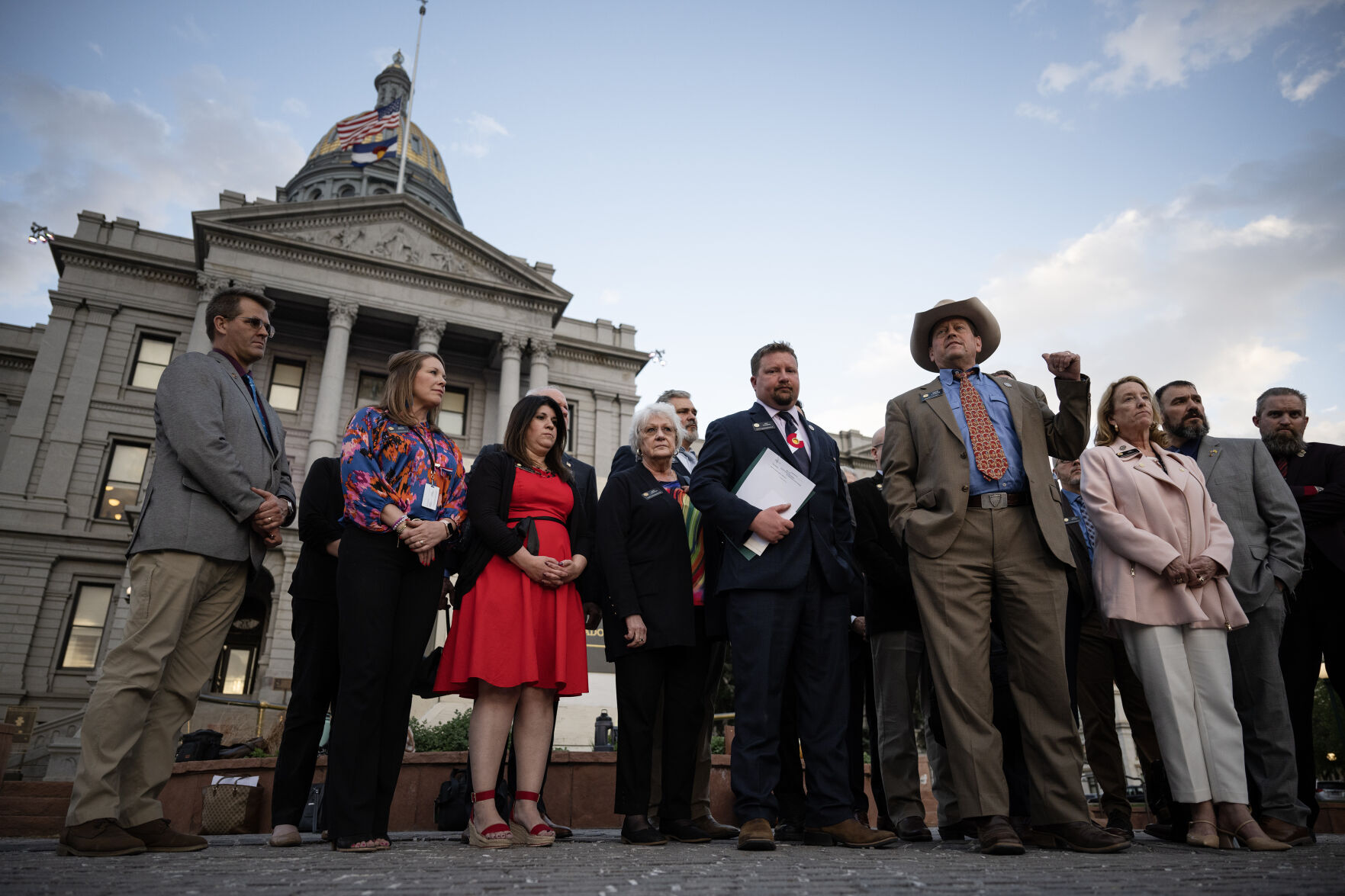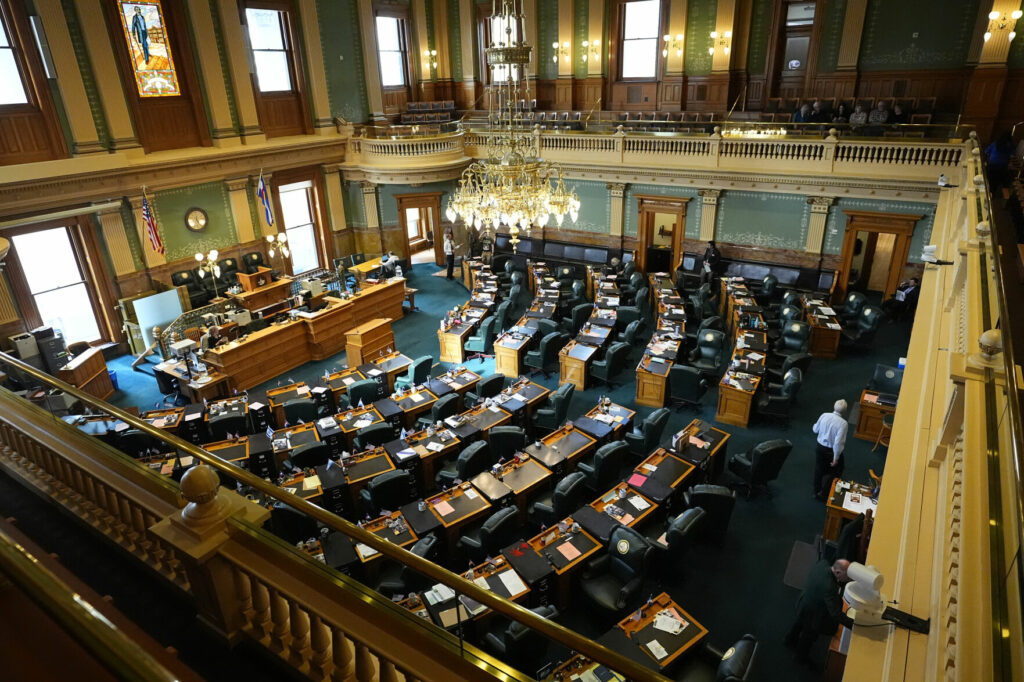3 takeaways from the 2023 legislative session

Fresh from an election that gave them supermajority control of the House and expanded numbers in the Senate, Democrats flexed their muscle this year to push for hot-button proposals, many of which – guns and abortion, in particular – found their way to Gov. Jared Polis’ desk, who promptly signed them.
Here are three takeaways from the 2023 legislative session, which ended on Monday night.
In a numbers game, the supermajority always wins
Democrats flipped seven seats from red to blue last November, giving them a 69-31 advantage at the state Capitol and a 46-19 supermajority in the House, and their numerical superiority ultimately ruled the day.
In issue after issue, Democrats pushed their proposals forward and pushed Republicans aside.
A case in point is Senate Bill 303, the Democrats’ response to rising property tax bills. Normally, amendments offered in third reading are technical corrections. But the bill’s Democratic sponsors offered and approved a substantive change to sweeten the pot in an effort to persuade voters to approve what would become Proposition HH, which would ask the public to redirect a portion of their TABOR refunds to help pay for property owners’ soaring taxes.
That numerical superiority also showed when Democrats, at the last minute, introduced a major change to how Coloradans get their TABOR refunds. Currently, the refunds are issued in several different ways, including through cash to taxpayers that is based on a sliding scale, with lower income Coloradans getting smaller refunds and wealthier residents a bigger check. Democrats want to equalize it for everybody – to $661 per person or $1,322 for joint filers.
Republicans cried foul, arguing it’s too big of a change to introduce in the last few days of the session and noting Democrats could have done so earlier, which would have assured a more thorough vetting.
The bill passed on the last day of session.
And the minority always loses
Greatly outnumbered, Republicans found themselves sometimes watching from the sidelines, trying – and often failing – to stop bills from moving forward. Frustration began to boil over in the middle of the session, particularly in the debate over proposals to restrict guns, where Republicans resorted to dilatory tactics to try and slow the proposals’ advance.
House Republicans frequently staged filibusters and insisted that every bill – even their own – be read at length, an attempt to slow down the Democrats’ gun bills. That led in a few instances to concessions.
Except when the majority members split
In a few instances, the Democratic majority failed to advance their agenda – but only because they couldn’t agree among themselves.
Nowhere is this more palpable than in the Gov. Jared Polis’ housing proposal, which sought to impose state mandates and effectively strip local governments of their authority over land use and zoning.
The bill died after negotiations failed to find a compromise between the Senate and House versions. The Senate had effectively gutted the bill, deleting its most salient provisions and effectively turning it into a requirement for a statewide housing needs assessment. When House Democrats restored substantial portions of what had been gutted, the Senate balked, and the clock ran out on the legislation.
The bill’s failure marks the biggest defeat for Polis, who, otherwise, had been able to persuade the General Assembly’s Democrats to support his major policy proposals every year since he took office in January 2019.
Democrats also split on several hot-button issues. While they passed – and the governor signed – gun bills, a proposal coming from the party’s more progressive wing to ban “assault weapons” died. And, for the second year in a row, Colorado legislators killed a proposal to stop charging children under 13 with most crimes.

















